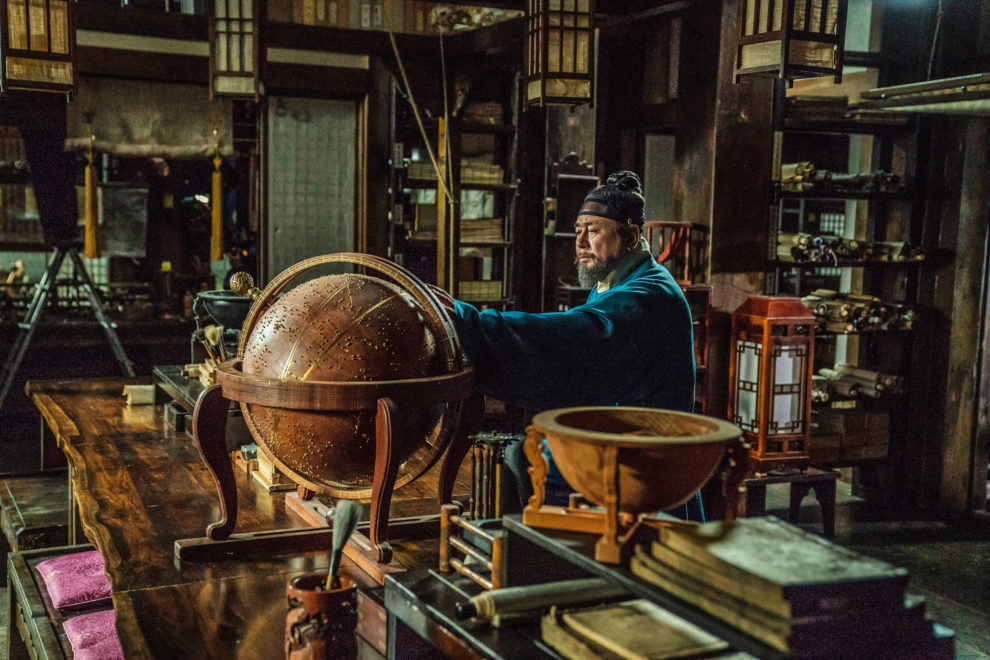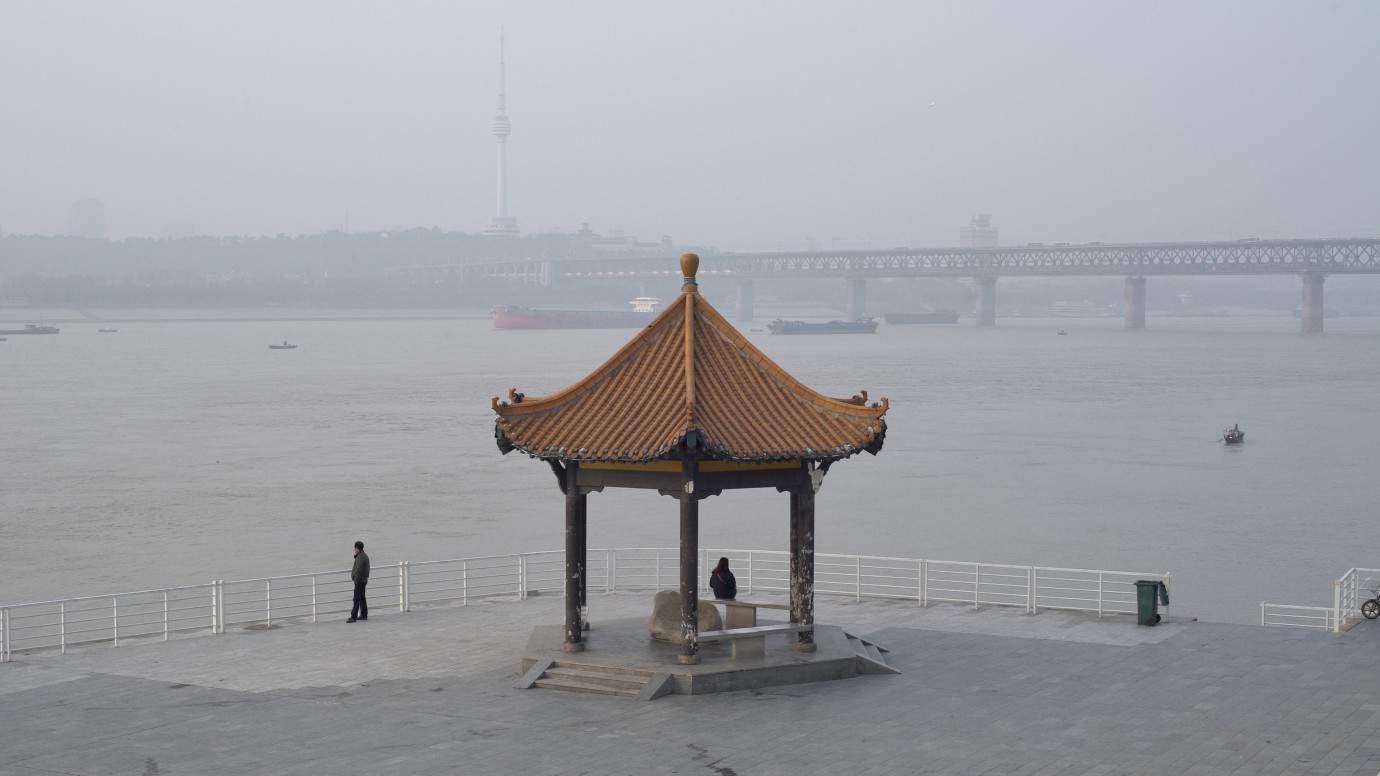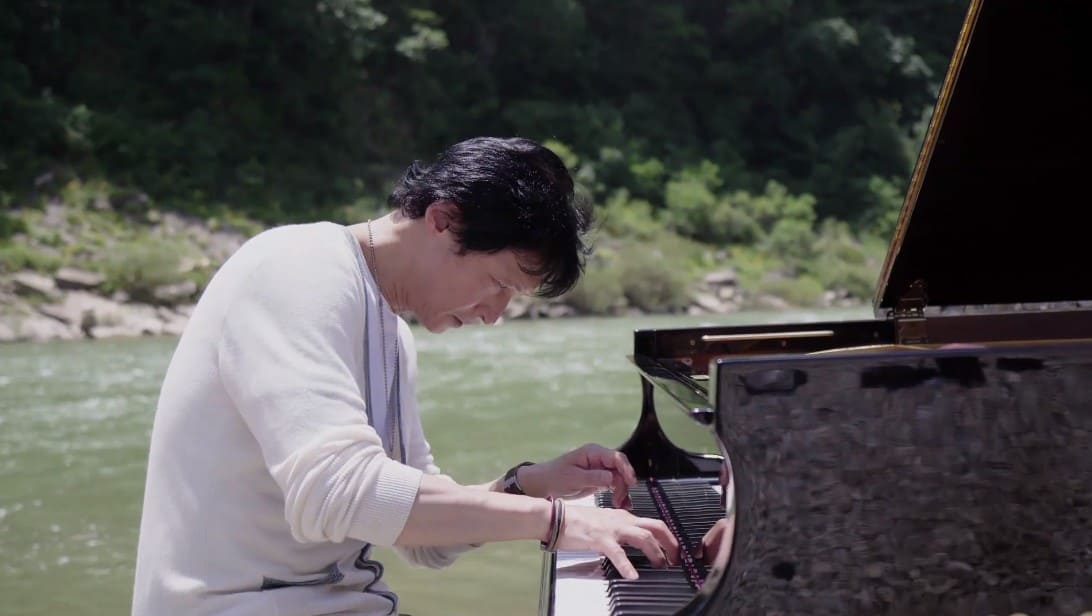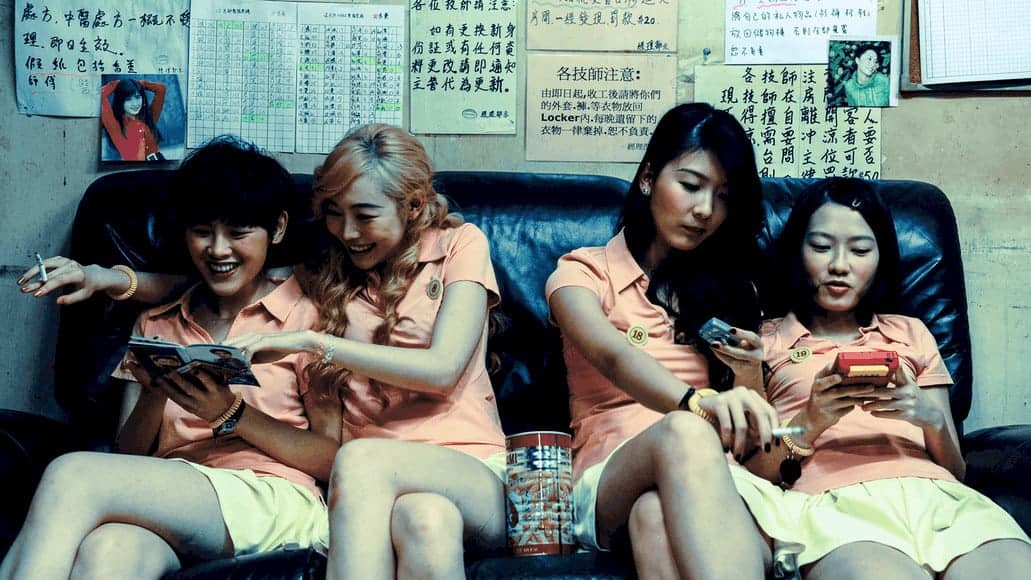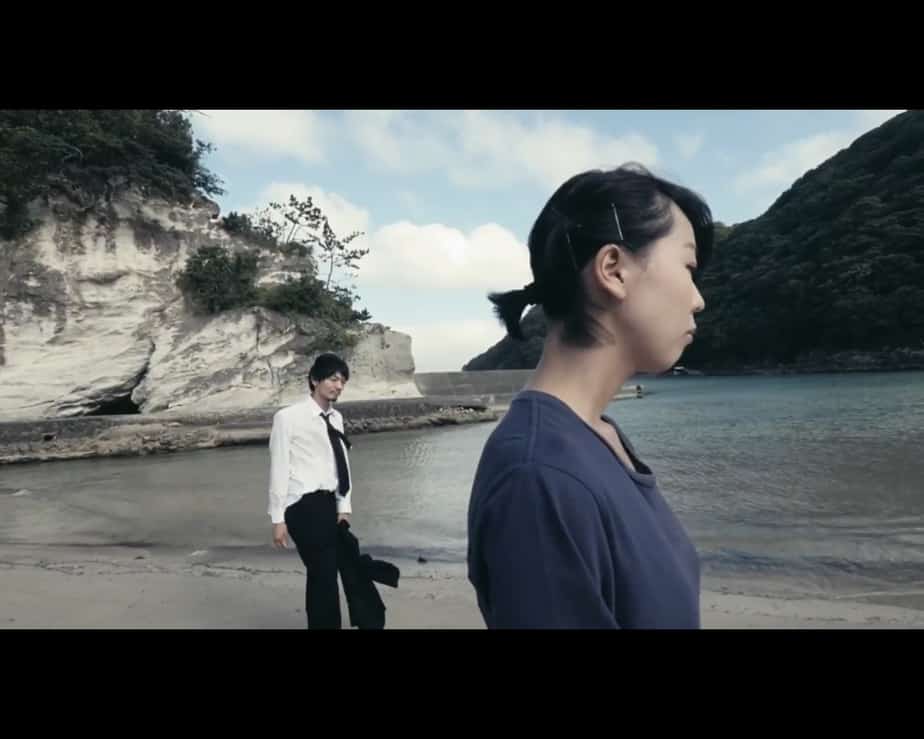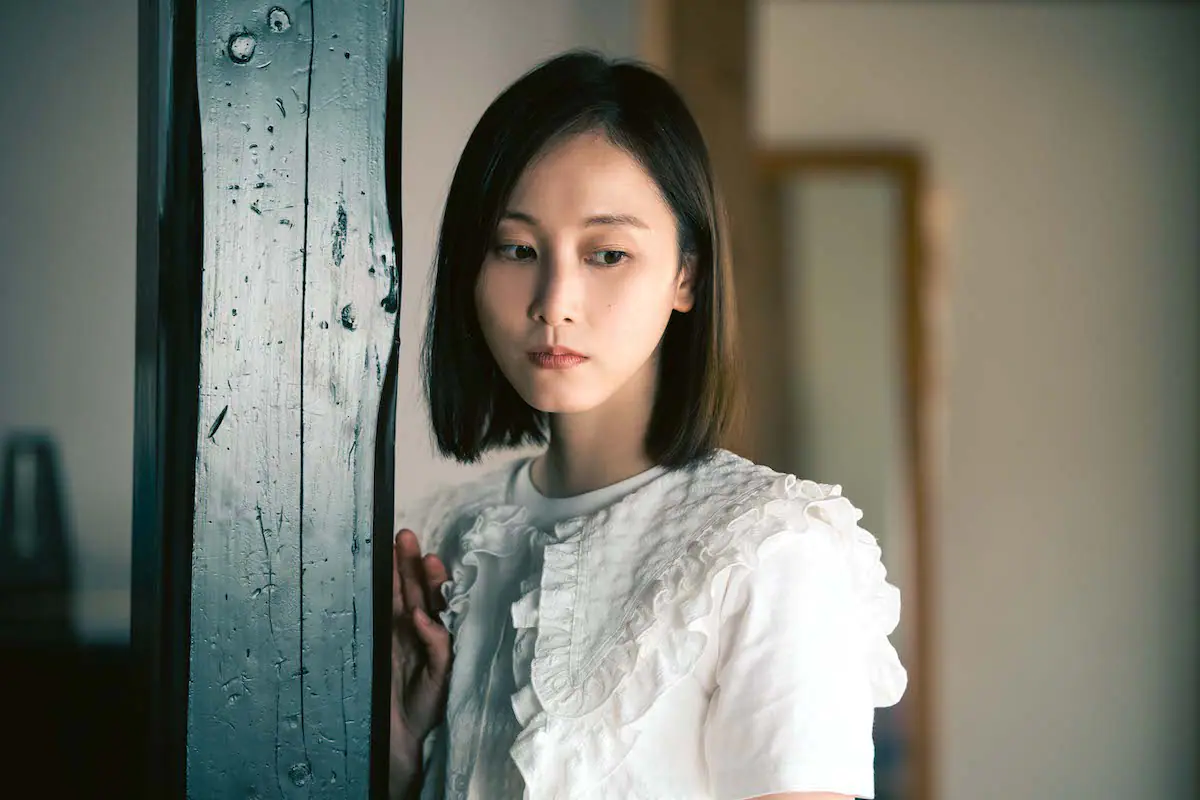Sejong the Great, the fourth King of the Joseon dynasty, is widely considered as one of the greatest rulers of ancient Korea. A large part of the credit for that goes to the many scientific advances the kingdom saw during his reign and his introduction of the Hangul alphabet. 2019 saw two depictions of the emperor on-screen, the first being Song Kang-ho's version in “The King's Letters”, which specifically is about the latter achievement. The other was in “Forbidden Dream” by melodrama supremo Hur Jin-ho, returning to the historical genre after “The Last Princess”. Using both the scientific advances and the creation of the alphabet as a backdrop, it tells of Sejong's great friendship with Jang Yeong-sil, an inventor and astronomer who Sejong had a lot of affinity for.
“Forbidden Dream” is available from Echelon Studios

The feature opens in the latter part of Sejong's reign, when the wheel of the palanquin carrying him breaks on a rainy day. We learn how, a few days ago, the Ming envoy demanded Sejong take his time-telling devices apart and follow the Ming timing as well as hand over the person responsible for making them. That person, as it turns out, is Jang Yeong-sil, the head of the court's scientific department and a dear friend of the regent. The courtiers also want to put the blame of the wheel of the palanquin breaking on Jang. As the heartbroken Jang and Sejong both resign to thinking that they're finally to be pulled apart, the narrative flashes back to the early years of the monarchy, when the young King met slave innovator and dreamer Jang Yeong-sil, who shared his interests, dreams and hopes and went on to become one of his dearest friends.
At the heart of this narrative is this beautiful, very pure friendship that blossoms between the two. First meeting as King and a mere slave in the time-keeping department, the two form an attachment over a common interest in time and the stars, over reaching for the unreachable, over dreaming the undreamable. In a time when the study of astronomy was forbidden because the sky was considered sacred, the two men dreamed of creating an astrolabe and a celestial map. Sejong dreamed these devices and Jang Yeong-sil made them a reality. The best parts of the story are in these flashbacks, as the two talk about their common love, with two key scenes, one under the open sky as the two talk and stargaze and another on a dark, rainy night inside the King's chamber as Jang Yeong-sil attempts to recreate the night sky for him, being standout moments of these earlier, happier times.
It helps that Hur has, at his disposal, two of the best thespians that South Korean cinema has to offer in Choi Min-sik and Han Suk-kyu to portray Jang Yeong-sil and Sejong respectively. The two actors, who were last seen together in the 1999 Korean New Wave masterpiece “Shiri”, bring their A-game to the feature and give truly memorable performances. They both shine individually in scenes that take place in the latter parts of the timeline, like Jang Yeong-sil pleading the King to not destroy the astronomical machines early on or Sejong confronting his ministers over the broken wheel, for example. There are lots of nuances that both actors bring to their acts, but it is when they are both together in the flashback scenes that the film soars to great heights. The chemistry that they share is simply infectious; you just can't stop a smile coming across your face on seeing the childish glee that passes over Sejong's face when Yeong-sil presents him with a hand-held stargazing device.
Oddly enough, because it is such a joy to see this part of the story transpire, the events that take place in the so-called “present day” of the storyline pale in comparison. This segment features more of the palatial workings and politics and while this is, in its own right, engrossing, you just wish the focus to be more on the two lead characters and actors. This part involves more of the people around the two instead and make the two mere helpless bystanders as the events take their own course. While these narrative choices are understandable, the 132-minutes runtime could surely have been truncated down and tightened up to revolve more around them. However, melodrama maestro Hur Jin-ho manages to reel it back in, making the near-perfectly executed, fully-earned emotional finale all about the two friends again. Between it all, he even finds time to comment on the fallacy of the olden Korean caste system, pointing out that it is one's deeds and not their birth that should determine their place and standing in life and society.
From the very first frame, in which we see the King's entourage go through rainy morning, “Forbidden Dream” is, if you will excuse the pun, a beautiful dream to look at. The cinematography captures the amazing set designs and costumes sumptuously, while the many inventions of Jang Yeong-sil are wonderfully realised. The palanquin, which serves as the catalyst for the story, is also a thing of sheer beauty. The background score also deserves appreciation, making even a simple action of putting on a particular robe seem ominous.
With “Forbidden Dream”, Hur Jin-ho has manages to craft a truly exquisite Joseon version of the bromance, which puts the friendship at the centre of a broader story which otherwise seems auxiliary only because of how strong the portrayal of that relationship is. Even if historical dramas aren't your thing, this deserves to be seen for the supreme performances from the two actors and the chemistry that they share.


